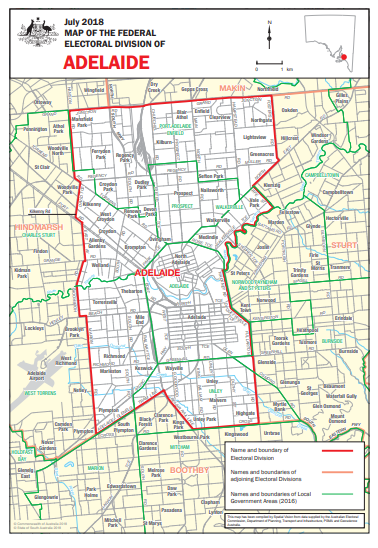|
|
|
|
| Adam Carr's Election Archive
|
Australian federal election, 2022
Division of Adelaide, South Australia
Named for: City of Adelaide (after Queen Adelaide (1792-1849), wife of King William IV) *
Inner Adelaide: Croydon, Prospect, Regency Park, Torrensville, Unley
State seats: All of
Adelaide and
Enfield, parts of
Badcoe,
Croydon,
Torrens,
Unley and
West Torrens
Local government areas: All of
Adelaide,
Prospect and
Walkerville, parts of
Charles Sturt,
Unley and
West Torrens
Borders with:
Boothby,
Hindmarsh,
Makin and
Sturt
Enrolment at 2019 election: 121,606
Enrolment at 2022 election: 130,151 (+07.0)
1999 republic referendum: Yes 56.4
2018 same-sex marriage survey: Yes 70.1
Sitting member: Steve Georganas (Labor): Elected (for Hindmarsh) 2004, 2007, 2010.
Defeated 2013. Elected 2016, (for Adelaide) 2019
2007 Labor majority over Liberal: 8.5%
2010 Labor majority over Liberal: 7.7%
2013 Labor majority over Liberal: 4.0%
2016 Labor majority over Liberal: 4.6%
2019 Labor majority over Liberal: 8.2%
Liberal two-party vote 1983-2019
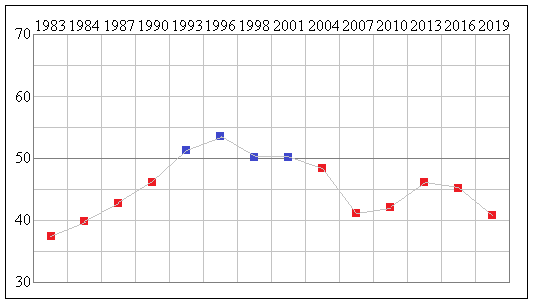
Status: Fairly safe Labor
Best Labor booths, two-party vote: Woodville Gardens (77.0), Mansfield Park (74.2), Kilburn (73.6),
Kilkenny North (72.1), Mile End (71.9)
Best Liberal booths, two-party vote: Hyde Park (68.8), Walkerville (60.5), Malvern (59.0), Walkerville North
(58.0), Fullarton (56.7)
2019 results
Statistics and history
Candidates in ballot-paper order:
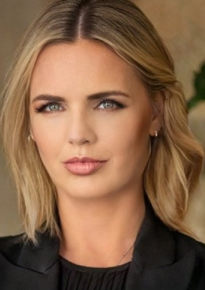 |
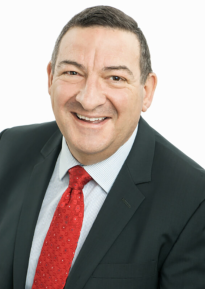 |
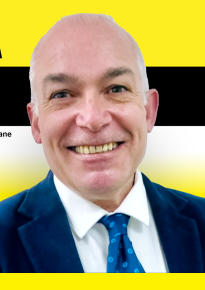 |
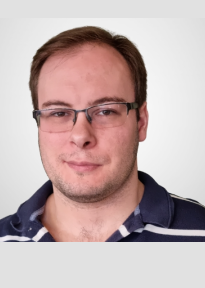 |
1. Amy Grantham
Liberal Party |
2. Steve Georganas
Australian Labor Party |
3. Sean Allwood
United Australia Party |
4. Matthew McMillan
Fusion Party |
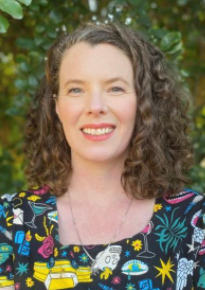 |
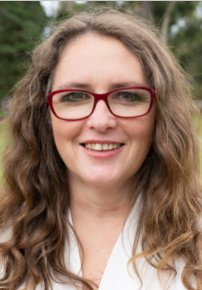 |
 |
5. Rebecca Galdies
Australian Greens |
6. Faith Gerhard
Federation Party |
7. Gayle Allwood
Pauline Hanson's One Nation |
Candidate websites:
Sean Allwood
Rebecca Galdies
Steve Georganas
Amy Grantham
Matthew McMillan
Division of Adelaide
Adelaide has existed since South Australia was first divided into electorates in 1903.
It has always occupied a block of inner-city suburbs, gradually expanding at successive
redistributions at the population shifted to the suburbs. It has been a fairly safe Labor
seat for much of its existence, although it has some strong Liberal areas. It has one of
 highest concentrations of professionally employed people of any Labor-held electorate,
plus the low levels of families with dependent children and dwellings being purchased
typical of inner city seats.
highest concentrations of professionally employed people of any Labor-held electorate,
plus the low levels of families with dependent children and dwellings being purchased
typical of inner city seats.
Charles Kingston, the first member for Adelaide, was a famously radical Premier of SA and
one of the giants of the Federation period. Recent members have included
Chris Hurford, a
minister in the Hawke government.
Trish Worth (Liberal) was a Parliamentary Secretary from
1997 to 2004, but was defeated by Labor's
Kate Ellis in 2004, a reflection of the general
trend of inner city seats to Labor. Ellis was a minister throughout the Rudd-Gillard Government, and
retired at the 2019 election.
The 2018 redistribution in SA abolished the safe Labor seat of
Port Adelaide, which forced the
sitting member, Mark Butler, to move to
Hindmarsh, which absorbed much of Port Adelaide. As a result,
Steve Georganas, member for Hindmarsh, moved to Adelaide, which took in part of the former Hindmarsh and
was significantly improved for Labor.
Steve Georganas, Labor MP for Hindmarsh from 2004 to 2013 and 2016 to 2019, and for Adelaide since 2019,
was a financial services underwriter, electorate officer and ministerial adviser before entering politics. His
Greek background served him well in Hindmarsh but has less relevance in Adelaide. He has not advanced beyond
the backbench and will turn 63 in June 2022. To gain Labor preselection for Adelaide Georganas abandoned his
affliation to Butler's Left faction and joined the Right, led in SA by Senator
Don Farrell. The Liberal candidate is Amy Grantham, who runs a medical technology business.
The Greens candidate is Rebecca Galdies, an official with the
National Tertiary Education Union. Clive Palmer's UAP candidate is Sean Allwood, who was a 2019 Senate candidate for
the extreme-right CEC.
* Adelaide's original name was Adelheid von Sachsen-Meiningen. It was anglicised to Adelaide when she married
William in 1818.
Demographics (2016 census):
Median weekly household income: $1,394 (Australia $1,438)
People over 65: 15.3% (Australia 15.8%)
Australian born: 61.3% (Australia 66.7%)
Ancestry: Chinese 6.2%
Non-English-speaking households: 29.9% (Australia 22.2%)
Catholics 18.5% (Australia 22.6%)
No religion 35.5% (Australia 29.6%)
University graduates: 34.3% (Australia 22.0%)
Professional and managerial employment: 46.8% (Australia 35.2%)
Employed in manufacturing and construction: 19.7% (Australia 22.9%)
Paying a mortgage: 28.2% (Australia 34.5%)
Renting: 40.0% (Australia 30.9%)
Traditional families: 41.4% (Australia 32.8%)
Back to main page
|
|
 highest concentrations of professionally employed people of any Labor-held electorate,
plus the low levels of families with dependent children and dwellings being purchased
typical of inner city seats.
highest concentrations of professionally employed people of any Labor-held electorate,
plus the low levels of families with dependent children and dwellings being purchased
typical of inner city seats. 
